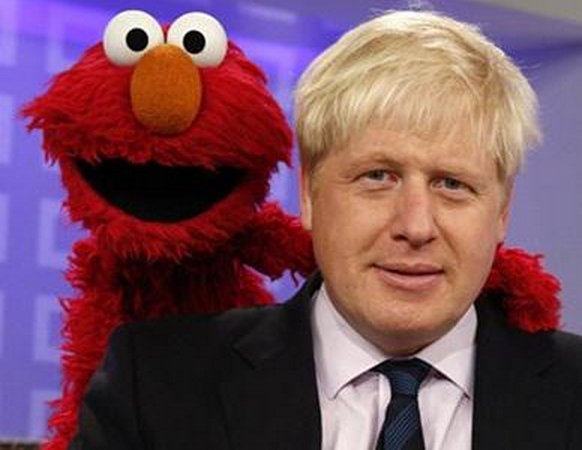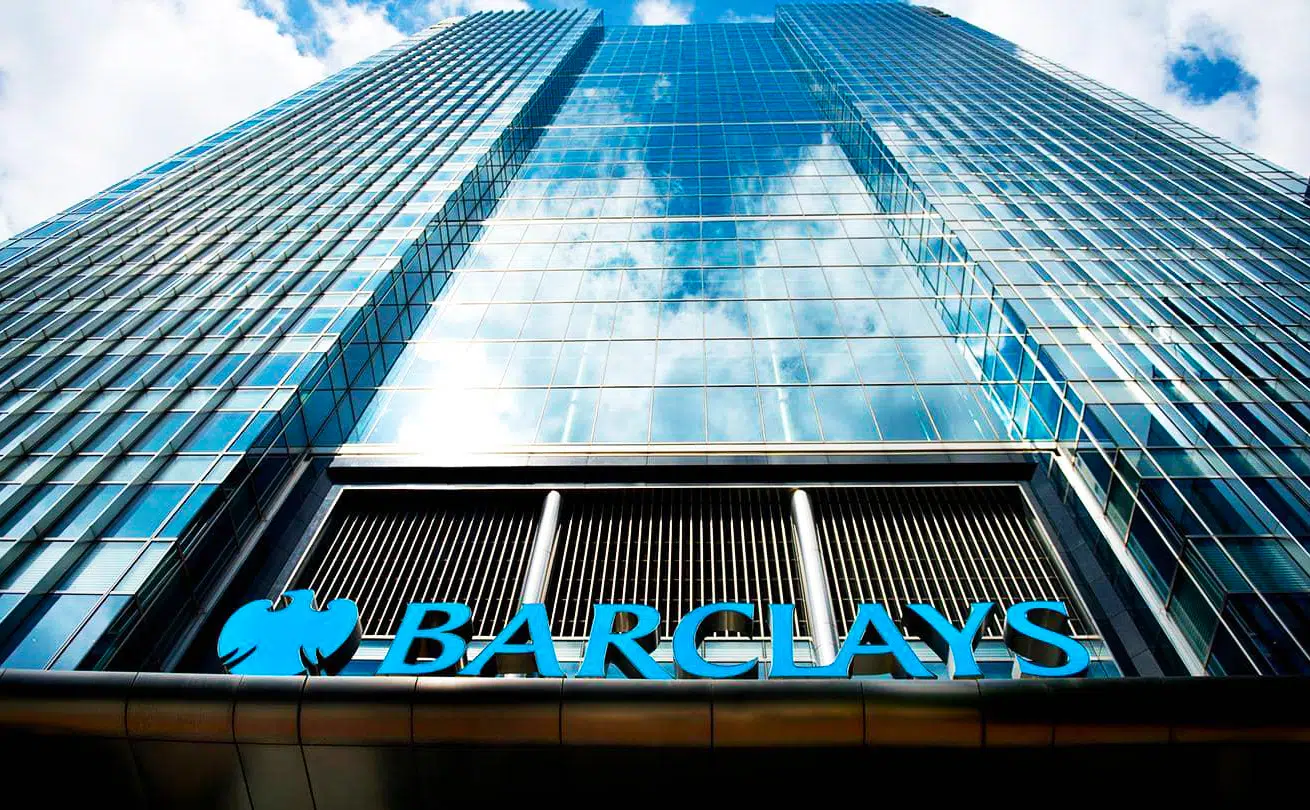‘Totally Insufficient’: Groups Say Trickle of Gaza Aid No Match for Ongoing ‘Mass Atrocities’
Original article by Jon Queally republished from Common Dreams under Creative Commons (CC BY-NC-ND 3.0).

“Collective punishment of two million people is a war crime and a moral outrage,” said one head of a medical relief group. “The siege must end, a ceasefire must be secured, and aid must be allowed to reach any who need it.”
Emergency aid groups and relief experts denounced the tiny “trickle” of humanitarian supplies that were finally allowed to pass through the Rafah crossing into Gaza on Saturday, especially as what was described by human rights watchdogs as a “loss of civilian life at a scale we have not seen in the modern history of Israel and Palestine” continues inside the besieged territory.
The 20 trucks authorized to deliver aid into Gaza through border with Egypt, said Médecins Sans Frontières/MSF in a statement, is “totally insufficient compared to the desperate needs of the people, who have been under complete siege and relentless bombing for two weeks.”
“Prior to the siege,” the group said, “hundreds of trucks with supplies entered Gaza every day as the Strip is crucially reliant on external aid. Food, water, and medicine are still desperately needed.”
“Gaza was a desperate humanitarian situation before the most recent hostilities. It is now catastrophic. The world must do more.” —UN Agencies
Guillemette Thomas, MSF’s medical coordinator for Gaza, said Saturday that inside Gaza “we have an extremely high number of injured people arriving in hospitals, very serious patients requiring complex care. According to our colleagues who still work at Shifa hospital, the hospital will soon run out of fuel and therefore electricity. This means that all the patients currently in intensive care units connected to ventilators and babies in incubators will die because of the lack of electricity. Operating theaters will no longer be able to function, patients will no longer be able to be operated on and the number of victims will increase significantly in the coming hours.”
Thomas warned that those in the intensive care were “just the tip of the iceberg,” warning that all injured and sick people Gaza remain at severe risk.
Human Rights Watch was among those who suggested that the refusal to allow fuel into Gaza—and the absence of efforts to restore or repair devastated the electricity grid or water systems—makes the paltry level stand out as intentionally inadequate.
“While aid agencies struggle to squeeze a few trucks of humanitarian aid into southern Gaza via Egypt, the Israeli authorities are keeping their crossings with Gaza closed and refusing to flick the switch for the water and electricity supply,” said Tirana Hassan, HRW’s executive director. “There is no excuse for denying water, food, and medicine to Gaza’s civilian population. It is cruel and contrary to international law.”
Melanie Ward, chief Eexecutive of the U.K.-based group Medical Aid for Palestinians said 20 trucks of supplies “does not even scratch the surface” of what’s needed in Gaza.
“It is appalling that fuel will not be allowed in, making the distribution of aid to the people who need it across Gaza impossible,” Ward said. “Without electricity, the lights will go out in hospitals, desalination and sewage plants will not function, and many more people will die.”
“Political leaders should remember that collective punishment of two million people is a war crime and a moral outrage,” she added. “The siege must end, a ceasefire must be secured, and aid must be allowed to reach any who need it.”
Ward’s group was also part of a Saturday effort to bring attention to 130 premature babies currently in hospitals throughout Gaza at risk of death if those facilities run out of power:
In a joint Saturday statement, UN agencies—namely the UNDP, UNFPA, UNICEF, WFP, and WHO—said while the “limited, shipment of life-saving humanitarian supplies” provided by the United Nations and Egyptian Red Crescent would “provide an urgently needed lifeline to some of the hundreds of thousands of civilians, mostly women and children, who have been cut off from water, food, medicine, and other essentials,” it was “only a small beginning and far from enough” to address the depth of the crisis.
Citing the overwhelmed hospitals and acute shortages of power, food, and water, the agencies’ statement included a slate of demands, including a pause of Israel’s bombing campaign:
We call for a humanitarian ceasefire, along with immediate, unrestricted humanitarian access throughout Gaza to allow humanitarian actors to reach civilians in need, save lives and prevent further human suffering. Flows of humanitarian aid must be at scale and sustained, and allow all Gazans to preserve their dignity.
We call for safe and sustained access to water, food, health – including sexual and reproductive health, and fuel, which is necessary to enable essential services. “We call for the protection of all civilians and civilian infrastructure in Gaza, including healthcare facilities.
We call for the protection of humanitarian workers in Gaza who are risking their lives for the service of others.
And we call for the utmost respect of international humanitarian law by all parties.Gaza was a desperate humanitarian situation before the most recent hostilities. It is now catastrophic. The world must do more.
In a joint statement on Friday, top Human Rights Watch program directors—Omar Shakir, Yasmine Ahmed, and Akshaya Kumar—said that the world is “witnessing loss of civilian life at a scale we have not seen in the modern history of Israel and Palestine. With deadlock paralyzing international institutions, leaders should rise to the moment and act to prevent further mass atrocities before it’s far too late.”
HRW said Saturday that as the occupying power in Gaza it has the legal duty under international humanitarian law to “ensure that the basic needs of the civilian population are provided for” and that it is obligated to facilitate, not prevent, the flow of humanitarian aid.
“Israeli authorities need to act immediately,” said Hassan in her statement. “Lives are hanging in the balance.”
Original article by Jon Queally republished from Common Dreams under Creative Commons (CC BY-NC-ND 3.0).


